The Do’s and Don’ts of Activism on Campus
University campuses have long been the breeding ground for social change, where passionate students unite to advocate for the causes they believe in. Activism is a powerful tool for making voices heard, challenging the status quo, and driving societal progress. In fact, it is a cornerstone of our democratic society and one of the main pillars of freedom and civil rights.
However, effective activism requires a careful balance between enthusiasm and responsibility. To ensure your efforts contribute positively to your campus community, here are some key do’s and don’t of activism on university campuses.
Do this:
Think for Yourself
Before engaging in activism, it’s crucial to educate yourself about the issues you’re passionate about. Understand the history, context, and multiple perspectives surrounding the cause. This knowledge will not only strengthen your arguments but also help you address counterpoints more effectively. Research, attend lectures, and engage in discussions with experts and peers to build a well-rounded understanding.
Communicate with Campus Organizations
Working with established campus organizations can amplify your efforts and provide valuable resources and support. Many universities have student groups dedicated to various causes, and collaborating with them can help you reach a wider audience. Whether it’s organizing events, running campaigns, or lobbying for policy changes, collective action is often more powerful than going it alone.
Respect Diversity
University campuses are diverse spaces, home to people from various backgrounds, beliefs, and experiences. While it’s important to stand firm in your beliefs, it’s equally important to respect the opinions of others, even if they differ from your own. Engage in constructive dialogue, listen actively, and seek common ground where possible. True progress often comes from understanding and collaboration rather than confrontation.
Change often takes time, and it’s easy to become disheartened when progress seems slow. Stay persistent, keep your goals in sight, and remain patient. Celebrate small victories along the way and recognize that even incremental changes can lead to significant outcomes over time. Activism is a marathon, not a sprint, and perseverance is key to making a lasting impact.
DON’T:
Resort to Aggression
Activism should never involve violence, intimidation, or harassment. While it’s natural to feel passionate about your cause, aggressive tactics can alienate potential supporters and escalate tensions. Peaceful protests, respectful discussions, and creative demonstrations are far more effective in bringing about change. Remember, the goal is to inspire and persuade, not to bully or coerce.
Act on Misinformation
In the age of social media, misinformation spreads quickly, and it can be tempting to jump into action without verifying facts. Avoid sharing unverified information or reacting impulsively to news. Acting on false premises can damage your credibility and the cause you’re fighting for. Always fact-check and use reliable sources before making any public statements or decisions.
Exclude or Marginalize Others
Inclusive activism is essential for creating lasting change. Be mindful not to exclude or marginalize individuals or groups, even if their approach to the cause differs from yours. Alienating others can create divisions within the movement and weaken its overall impact. Strive to create a welcoming environment where everyone feels valued and heard.
Utilize Social Media Wisely
Social media is a powerful tool for activism, enabling you to spread your message quickly and connect with like-minded individuals. Use it to raise awareness, organize events, and share educational content. However, be strategic in your use of social media. Tailor your messages to your audience, use hashtags effectively, and be mindful of the tone and language you use to avoid misunderstandings or backlash.
Overlook the Importance of Self-Care
Activism can be emotionally and physically draining. It’s important to recognize your limits and take care of your well-being. Burnout is a real risk for activists, so make sure to take breaks, practice self-care, and seek support from friends, counselors, or mental health professionals if needed. Remember, you can’t pour from an empty cup—taking care of yourself ensures you can continue fighting for your cause in the long run.
Forget to Reflect and Learn
After every campaign or event, take time to reflect on what went well and what could be improved. Gather feedback from participants and other stakeholders, and use it to refine your approach for future actions. Continuous learning and adaptation are essential for effective activism. By reflecting on your experiences, you can grow as an activist and increase the effectiveness of your efforts.
Activism on university campuses is a vital part of driving social change, but it requires a thoughtful and responsible approach.
By following these do’s and don’ts, you can ensure that your activism is impactful, respectful, and sustainable. Remember, the goal is not just to raise your voice but to create meaningful, positive change within your campus community and beyond.



